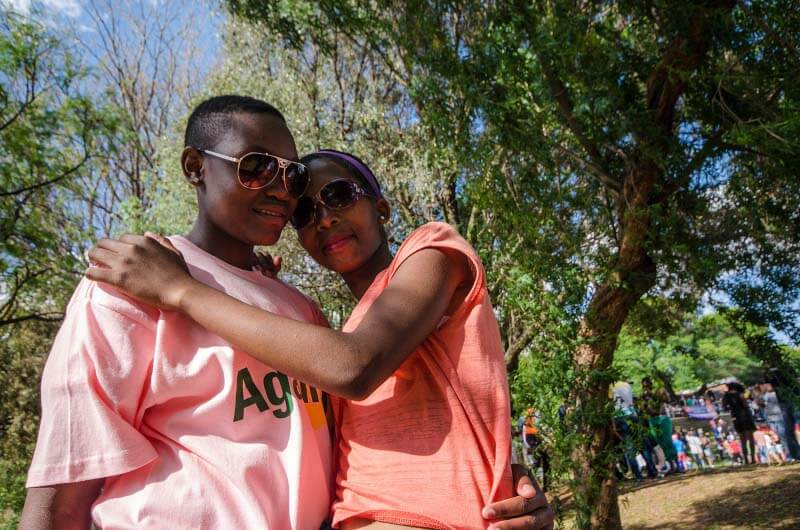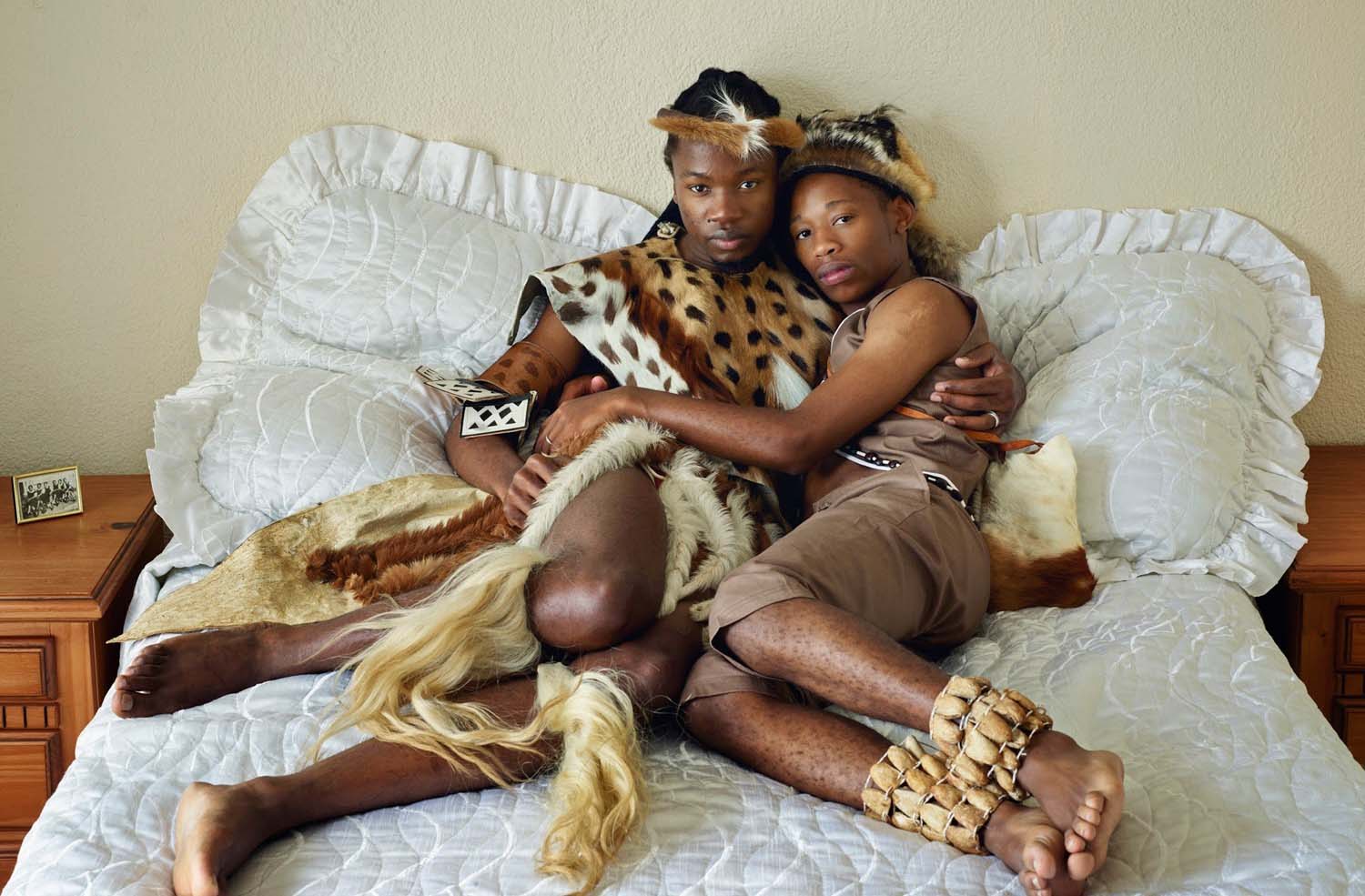Today it’s a common assumption in Africa that pre-colonial African societies weren’t open to homosexuality. However contemplation has led to studies and then discovery to the contrary. This has led to a controversy as staunch heterosexual activist claim homosexuality is a consequence of neo-colonialism introduced by the Western World. The other side lies the scholars who claim that homosexuality was nothing new to the continent.
THE HISTORY OF AFRICAN HOMOSEXUALITY
Deep and careful research into sexuality in African history (pre-colonial) has revealed homosexuality might have been an intrinsic part of African life. In his book “Heterosexual Africa?” Marc Epprecht suggests that the conception of sexuality as it is today was different from how it was viewed in pre-colonial Africa. For him, because heterosexuality was not antithesis to homosexuality in pre-colonial times, there was liberty to move between the two divide. It is believed that same sex relations were not frowned upon and people had the freedom to switch genders at will. This means that a man can declare himself a woman for sake of sexual liberties. This practice was prominent in Uganda among the Nilotico Lango tribes. Here are a few more examples
- It was well believed that Kabaka (king) Mwanga II, who ruled in the latter half of the 19th century, was gay. It is also generally believed young boys had same sex relations in order to avoid getting a girl pregnant before marriage; girls at puberty were believed to do same.
- Archaeological findings in form of cave paintings of the San people near Guruve in Zimbabwe suggest that same sex sexual relations date back to the time of Bushmen as naked men having sexual relations was depicted.
- The rain queen Modjadji of Balobedu peoples found in southern Africa is believed to be homosexual in her relations as she has ‘many wives’. Often times, families and tribes give out their daughters to the rain queen to pledge their allegiance and pray for her benevolence. She is believed to have mystical powers which helps her control the sky and its elements. The only male sexual relations she is to have is with close relatives and it is for the sole purpose of procreation.
- Among the early Zande warriors found in Congo and Sudan, homosexual relations was believed to be commonplace. The warriors were said to marry younger men who in turn performs the duties of a wife until he is trained to become a warrior. He too marries a younger man and the circle continues. This tradition was not left alone for the warriors; as the prince was also believed to have a page boy who satisfies his sexual desires. At the demise of the prince, the page boy is killed and buried with him. These findings was documented and later published by English anthropologist E.E. Evans-Pritchard in early 20th century.
- The Bantu speaking farmers of Gabon and Cameroun were also not left out as man to man sexual relations was believed to transmit wealth between them. The Nupe’s from Nigeria were not left out as they believed homosexual relations led to rearmament.
It was well believed that Kabaka (king) Mwanga II, who ruled in the latter half of the 19th century, was gay.
ORIGIN OF THE CONTROVERSY
There is a clear divide in African discourse and scholars pertaining to the issue of homosexuality in African history. One school of thought vehemently states that homosexual relations is un-African, satanic and perpetuated by evil spirits, even see it as a way through which the west continues her colonial influence on the continent. The other states that homosexual relations may have in fact been an integral part of African history and hence African life.
The latter school of thought claims that after the colonial invasion and the missionary contact in Africa, many African social structures as well as traditions were reshaped to suit the colonial legacy they left behind. The advent of Christianity and Islam is believed to have brought with it the need and indeed institutionalized only man-woman relationship. This is believed to explain why much of Africa stands to contravene any line of thought that claims homosexuality is African. Christianity and Islam frown on homosexual relations and as such, its introduction and subsequent entrenchment has made heterosexual relationship the norm while homosexuality is viewed as the vice.
… after the colonial invasion and the missionary contact in Africa, many African social structures as well as traditions were reshaped to suit the colonial legacy they left behind.
According to anthropologists Stephen Murray and Will Roscoe in the “Expanded Criminalisation of Homosexuality in Uganda: A Flawed Narrative / Empirical evidence and strategic alternatives from an African perspective,” they were of the opinion that Numerous reports also indicated that in the highly sex-segregated societies of Africa, homosexual behaviour and relationships were not uncommon among peers, both male and female, especially in the years before heterosexual marriage. These kinds of relations were identified with specific terms and were to varying degrees institutionalized.
They went further to state unapologetically that what the colonisers imposed on Africa was not homosexuality “but rather intolerance of it — and systems of surveillance and regulation for suppressing it.”

Gay Pride March, SA. Flickr / Niko Knigge
It is imperative to understand that much of Africa’s cultures and tradition was passed down from generation to generation using oral tradition. This may have accounted for loss of many African cultural practices and ways of life as oral tradition is greatly endangered at the death of a griot. (A griot is the custodian of knowledge and history in African tradition.)
Pro African homosexuality school of thought believes that since pre-colonial Africa had no organized means of archiving her history, much of it might have been lost through time and time. Also, they believe that what has come to be known as tradition in Africa has been revised, shaped and toned down to suit western colonialists, even the issue of sexuality. In addition, they also believe that the heterogeneous nature of the African society provides an avenue for different cultural practices to emerge. They were of the opinion that it is unfounded and biased to claim that homosexuality is un-African thereby assuming African is homogenous in nature.
[quote] – … it is unfounded and biased to claim that homosexuality is un-African thereby assuming African is homogenous in nature.
AFRICAN SEXUALITY IN THE 21st CENTURY
The legislation and subsequent passage of gay rights bill in the United States has been greeted with much negativity around Africa. Although homosexuality has received legal status in most western states, virtually all African states have stood firmly against it.
You can read more on this here: Will Africa Ever Embrace Homosexual Relationships
SEXUALITY: AN ISSUE OF MORALITY
What defines morality or standards of right and wrong has always been an issue of controversy in most societies. Sexuality as it relates to homosexual relations is generally perceived as undesirable in modern day Africa. Could it be a case of an overwhelming illusion that homosexual relations are un-African when historical research clearly proves otherwise? While the controversy and debate continues, a nudging question that remains unanswered is who defines morality and on what moral basis sexuality is founded upon.
It would suffice to say like Sylvia Tamale that
‘The homosexuality-is-un-African mantra negates everything that African history and tradition has transmitted to posterity. A tenet of African philosophy holds that “I am because you are.” In short, it matters little about the differences that each one of us displays but much about the essence of humanity that binds us together. What really matters is the respect for human dignity and diversity.’
[Header image]– Thoba Calvin and Tshepo Cameron Sithole, Modisane, Pretoria, 2013. They were South Africa’s first gay couple to marry in a traditional ceremony.
By Pieter Hugo. Courtesy , COURTESY GALERIE STEVENSON, LE CAP/JOHANNESBURG ET YOSSI MILO, NEW YORK
Sources:
– 76crimes.com. – cypheravenue.com – america.aljazeera.com

